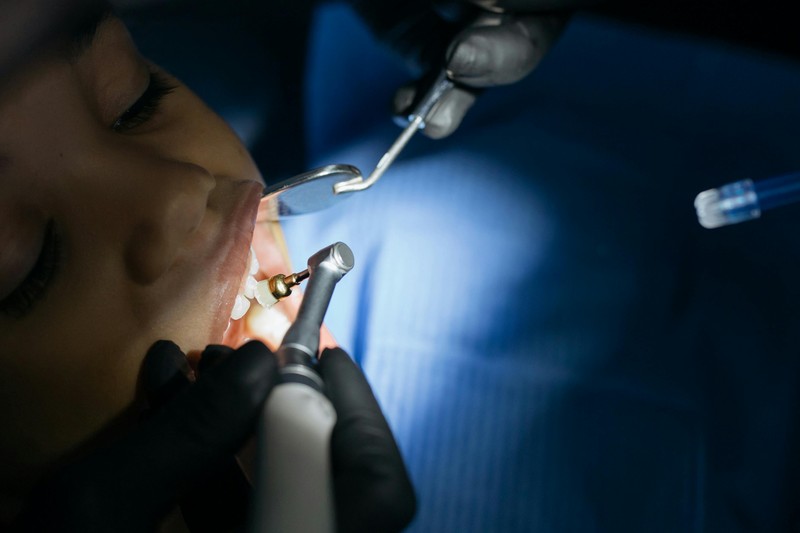Understanding Tooth Sensitivity: Get to the Root of the Discomfort
Tooth sensitivity can transform the simple joys of a morning coffee or an ice-cream treat into a painful ordeal. But what causes some teeth to react so strongly to hot or cold, sweet or sour, and sometimes even to brushing and flossing?
At its heart, tooth sensitivity, or dentin hypersensitivity, is all about the tooth's defense systems being compromised. The hard outer shell of the tooth, known as enamel, protects the softer, inner dentine layer which contains microscopic tubules leading to the tooth's nerve center. When the enamel wears down or gums recede, these tubules are exposed to external stimuli, resulting in the characteristic short, sharp pain of sensitive teeth.
Uncovering the Culprits Behind Sensitive Teeth
The path to sensitive teeth is often paved with common habits and conditions:
- Acidic foods and drinks, including citrus fruits and sodas, can erode enamel over time.
- Brushing too hard or using a hard-bristled toothbrush can wear down enamel and push back the gums, exposing the dentine.
- Gum disease can lead to receding gums, unveiling the roots of the teeth and their sensitive areas.
- Teeth grinding (bruxism) wears down the enamel, thereby increasing sensitivity.
- Cracked teeth or fillings can expose the dentin and even allow bacteria to infiltrate, leading to inflammation.
Understanding the causal factors is a stepping stone toward effective management of tooth sensitivity. It's important to consider your oral care routine and discuss these symptoms with your dentist.
Embarking on a Journey to Desensitize
There are various strategies and solutions to tackle tooth sensitivity, both at home and with professional care:
- Using toothpaste formulated for sensitive teeth can make a daily difference. These pastes contain compounds that block the transmission of sensation from the tooth surface to the nerve.
- Fluoride treatments, whether at-home gels or in-office applications, can strengthen enamel and decrease the transmission of sensations.
- Choosing a soft-bristled toothbrush and gentle brushing techniques protects enamel and gums from further damage.
- Custom mouthguards can prevent the damage caused by teeth grinding.
- Surgical gum grafts can cover exposed roots and reduce sensitivity if the gum tissue has been lost from the root.
Your dentist can advise you further on treatments such as fillings, crowns, inlays, or bonding to address structural issues contributing to sensitivity. For chronic cases, a root canal might be suggested as a definitive treatment.
Navigating the Road to Relief
Addressing tooth sensitivity involves understanding the balance between prevention, at-home care, and professional treatment. It is a collaborative effort where communication with your dental care provider is key. Every person's mouth is unique, and what works for one individual may not be the preferred solution for another.
The challenges are real but so are the solutions. With the correct approach, tailored to your specific needs and consistent preventive care, sensitivity can be mitigated and managed effectively, allowing you to enjoy life's little pleasures without wincing. Always remember that your dental health is a journey worth taking – one where the destination is a comfortable and confident smile.
Engage with your dentist regularly to discuss any changes in tooth sensitivity and to ensure that your oral care routine supports strong, healthy teeth. Such dialogue is essential in crafting a personalized plan that fits into your lifestyle and offers you the greatest comfort and optimum results.
While tooth sensitivity can be unsettling, with the right care and attention, you can restore serenity to your smile.
About Business
Serenity Dental Care📍 39 Heron St, Rugeley, GB
Learn more about us at: Serenitydentalcare.co.uk


